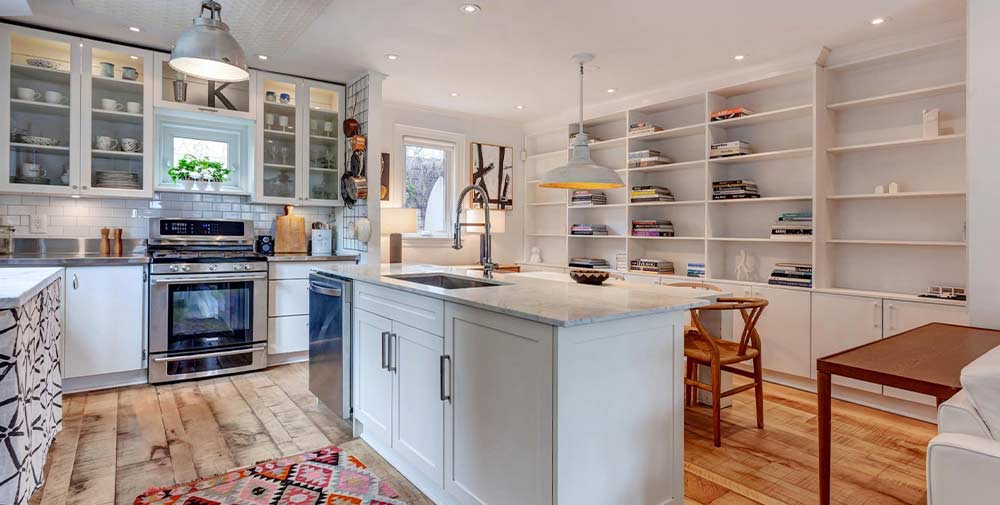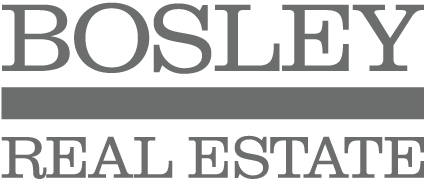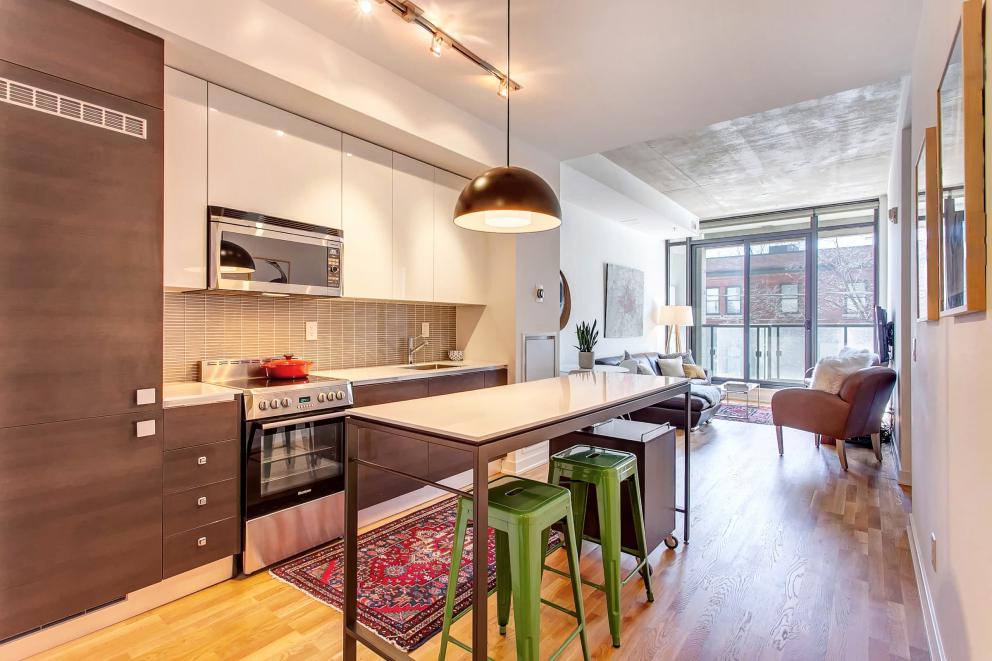Wondering what to look for in a condo inspection? Before you make a purchase, there are a few potential red flags you should be aware of…
If you’re not sure whether you need a condo inspection, you’re not alone. In my experience, many buyers who would never dream of purchasing a house without having it inspected aren’t sure what to do when they’re buying a unit. While it’s always a good idea to perform some due diligence, there are a few things to remember before you opt for an inspection.
Do You Need an Inspection?
First off, if you’re buying a brand new condo, you’ll automatically receive a pre-delivery inspection (PDI) before closing. For this reason, the decision to get a unit professionally inspected (or not) only applies to resale units. Second, some repairs that impact individual condos fall under the umbrella of “common elements.” This means that the costs associated with them are shared by unit owners in the building, and they’ll come out of everybody’s maintenance fees. In contrast, purchasing a house means inheriting all of the potential problems that come with it—which is why house inspections are often considered crucial.
All of that said, many people who buy previously-owner condos choose to get them professionally inspected. As far as I’m concerned, anything that helps you avoid nasty surprises can be valuable. Whether you’re relying on a professional or simply giving a unit the once-over on your own, here’s what to look for in a condo inspection.
Walls, windows, and ceiling
The walls, windows, and ceiling of a unit can tell you a lot about its general condition. Mould is one of the biggest things to look out for. Spotting on the windows or walls can be a sign of it, while water damage on the ceiling often warrants further investigation. We’ve all heard mould horror stories, and the last thing you want is to have one of your own. Another thing to be aware of is cracks in the walls or ceiling, which can point to a problem with the building’s foundation. This may or may not affect you in the future, but it’s always better to know about problems that could arise (and any financial impact they may have on unit owners) before making a purchase.
HVAC and electrical systems
Many condo buyers assume that repairs to major systems are covered by maintenance fees. That’s not always true. In some buildings, each unit has its own HVAC system (which would make fixing them your responsibility, not your condo corporation’s). In these cases, you might want to consider bringing in a professional to ensure that your condo’s heating and cooling are up to snuff. When it comes to the electrical system, an inspector can tell you whether it’s working properly—and double check that the wiring doesn’t pose a fire hazard.
Major appliances
Malfunctioning or broken appliances can create major headaches. Imagine moving into a condo only to discover that the dryer periodically stops working. And how would you feel if, after using your gas stove for the very first time, you suspected it was a hazard? It happens. For this reason, it’s not a bad idea to test all appliances—and get a professional to ensure that they’re both fully functional and safely connected.
Cabinets and drawers
A cabinet door that’s crooked due to a broken hinge. A drawer that sticks every time you pull it. Sometimes, these little daily annoyances can get to you. While homeowners often put off fixing them when they’ve lived in a home for years, you certainly shouldn’t have to deal with them in a condo you’ve just moved into. When you’re looking at a unit, double check that all cabinetry and drawers are level—and that they open and close smoothly.
Small (but important) things
Even if other people have lived in the condo you’re purchasing, it’s new to you. Unfortunately, wear and tear—and things that malfunction or just feel out of place—can negatively impact how you feel about your new digs. When you’re looking at a unit, keep an eye out for anything that might create hassles for you down the road. Gaps in your bathroom caulking or a broken smoke detector may not be make-or-break, but it’s important to be aware of them. And here’s something most people don’t think of: check the light fixtures. I can tell you from experience that depending on when they were installed, they may not be easy to replace!
Common elements
Last but not least, don’t forget to look at the common elements in a building. While you won’t wind up paying for repairs to them out of pocket, they can give you some clues as to how well maintained a building is. Clean, up-to-date amenities and common areas—such as hallways and lobbies—are often indicative of good management. There are many reasons why that’s important (not the least of which is, you have a higher chance of being hit with a special assessment in a poorly-managed building).
Buying a condo is exciting, but that doesn’t mean you should rush into making a decision. As is the case during the purchase of a house, a bit of due diligence can make life a whole lot easier.
Ready to buy a condo? I can help ensure that the process is smooth. Get in touch, and we can set up a time to discuss your needs.






chen says:
PerLA starts construction as a number of adaptive reuse projects finish work or are underway along Broadway